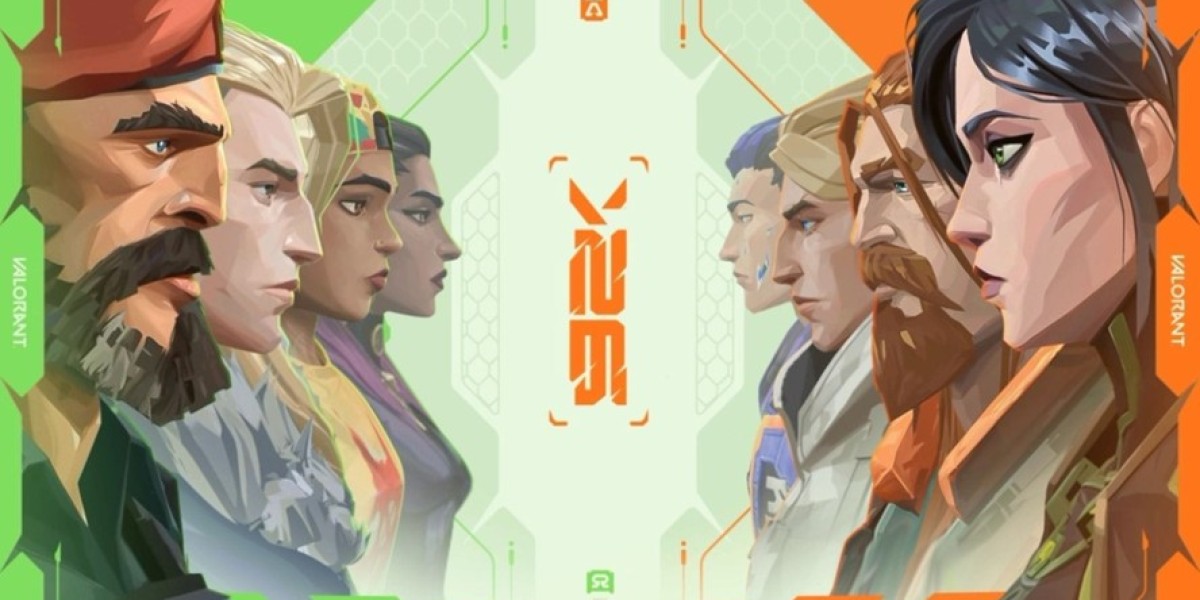Introduction: A Shift Toward Interactive Digital Ecosystems
The digital revolution is moving into a new phase—one defined by interactivity, engagement, and personalization. Traditional websites are no longer enough to captivate modern audiences who expect dynamic and meaningful digital journeys. This has led to the rise of the Immersive website—a next-generation approach that blends storytelling, motion, 3D design, and advanced user experience techniques.
At the same time, immersive web experiences are becoming essential tools for brands that want to stand out, delivering interactions that feel intuitive, responsive, and emotionally engaging.
What Makes a Website Truly Immersive?
An immersive website’s goal is to fully engage users by creating a digital environment that feels more like a world than a webpage. This involves:
Nonlinear storytelling
Interactive design elements
Responsive motion graphics
Spatial interactions
3D visual layers
Seamless transitions
Instead of clicking through static text blocks, users experience digital journeys that evolve with their actions.
How Immersive Web Experiences Enhance User Interaction
Immersive web experiences increase engagement because they encourage users to explore. The experience becomes more than reading content—it becomes discovering, navigating, and interacting.
Key benefits include:
1. Increased Curiosity
Interactive elements attract attention and encourage users to dig deeper.
2. Dynamic Presentation of Information
Complex or technical content becomes easier to understand through animations and visuals.
3. Higher Emotional Resonance
Immersive storytelling builds stronger connections between users and brands.
4. Better Flow and Navigation
Modern web users prefer fluid transitions over clicking endlessly through pages.
The Role of Animation and Motion in Immersive Websites
Motion is one of the most powerful tools in immersive design. It provides:
Visual cues for navigation
Emotional tone-setting
Smooth storytelling progression
Interactivity reinforcement
Even small animations—like hover effects or scroll motions—make websites feel modern and responsive.
The Technology Driving Immersive Web Trends
Behind every immersive site is a blend of cutting-edge development tools and creative frameworks.
Key technologies include:
WebGL/WebGPU for real-time 3D
Three.js for structured digital scenes
Animation libraries like GSAP
AI-based adaptive design
Responsive frameworks for mobile experiences
These technologies help developers push boundaries and craft innovative online environments.
Industries Transforming Through Immersive Design
Immersive websites are influencing nearly every digital sector:
Technology
Brands demonstrate innovation visually through futuristic interfaces.
Learning & Education
Immersive diagrams, simulations, and models enhance comprehension.
Healthcare
Interactive patient tools and 3D medical visualizations improve understanding.
E-commerce
Buyers can explore products, view details, and simulate use cases interactively.
SEO Benefits of Immersive Web Experiences
Many assume visually rich sites hurt SEO—but the opposite is true when done correctly.
Immersive websites increase:
Time on site
Scroll depth
Engagement signals
User satisfaction
Return visits
These are all indicators that search engines reward with better rankings.
Why Immersive Websites Are the Next Digital Standard
Users expect more than static text—they expect memorable moments. Immersive design transforms brands from information sources into experience creators. Companies adopting this approach demonstrate relevance, creativity, and innovation.
Conclusion: Embracing the Future of Digital Interaction
The rise of the Immersive website marks a fundamental shift in how digital content is created and consumed. As immersive web experiences continue to evolve, brands that adopt these advanced techniques will shape the future of digital engagement. The next generation of the internet belongs to those who create experiences—not just pages.






